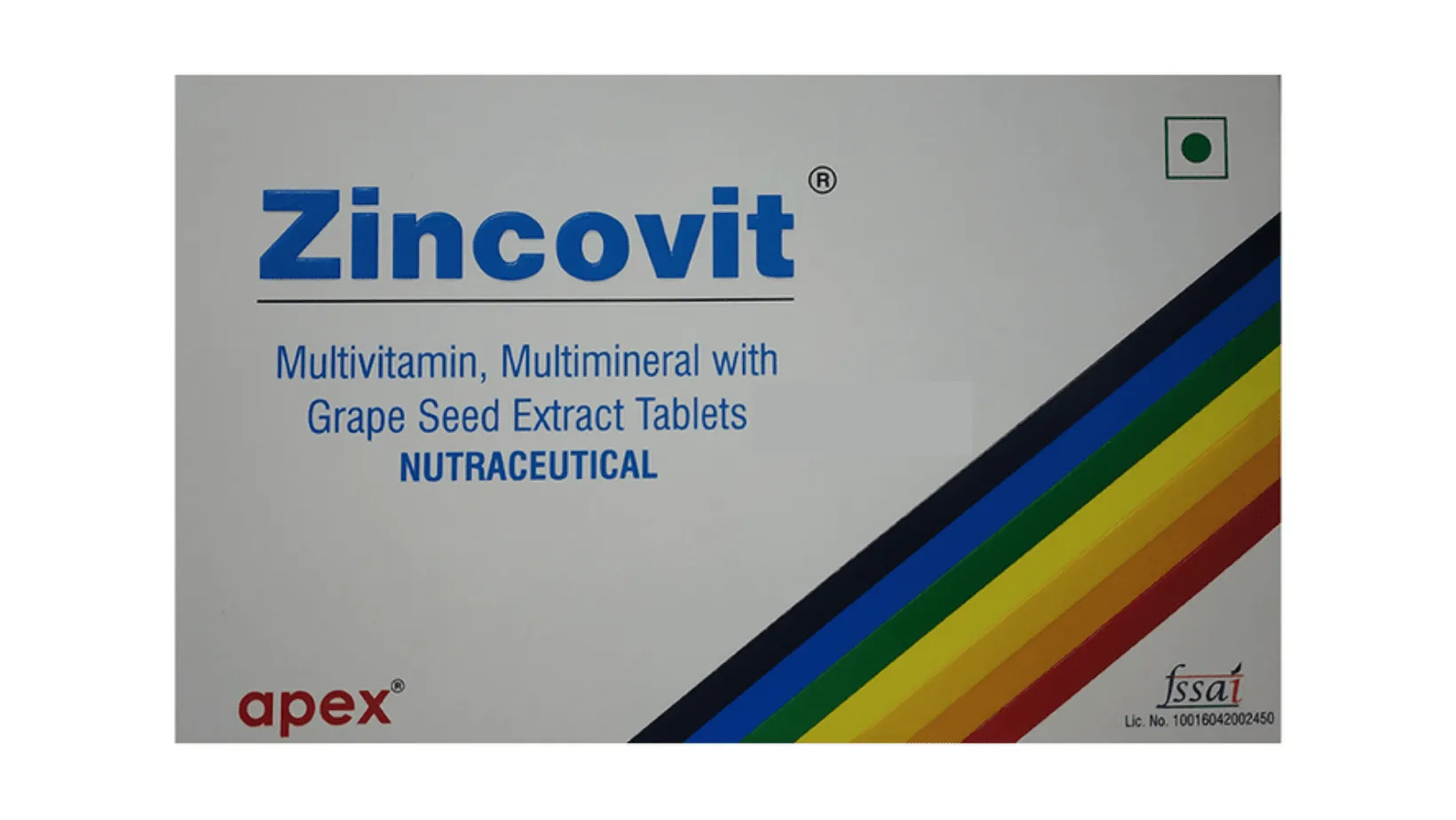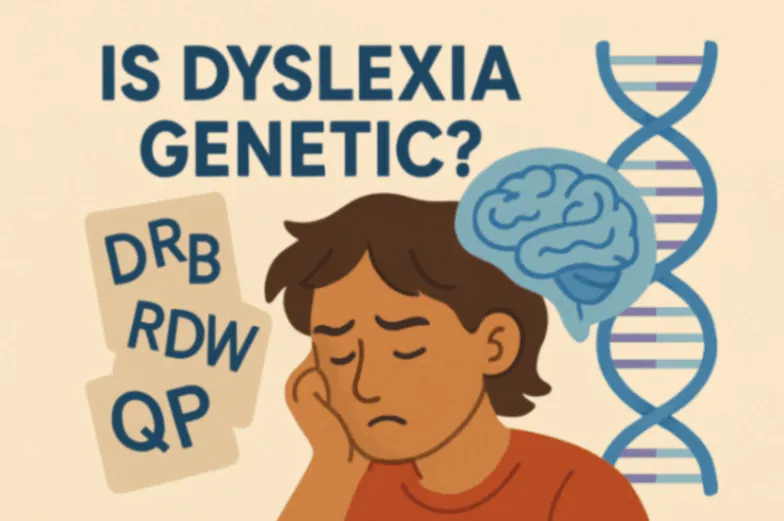Addiction and mental health – are two seemingly separate issues that cast long shadows over countless lives. But beneath the surface, a complex dance unfolds, where one can fuel the other, creating a tangled web of despair. Understanding this intricate connection is crucial for not only those struggling but also for loved ones, healthcare professionals, and society.
When Vulnerability Meets Vice: How Mental Health Paves the Way for Addiction
Imagine a life constantly battling anxiety, a relentless storm of worry that clouds every thought. Or perhaps you grapple with the crushing weight of depression, a heavy cloak that drains your motivation and joy. For many individuals with pre-existing mental health conditions, addiction can become a tempting escape route, a difficult path paved with the promise of temporary relief.
Self-Medication-A Dangerous Bargain: Anxiety disorders can create a desperate need for calm, leading individuals to use substances like alcohol or benzodiazepines to quiet the mental chatter. Depression's emotional numbness can be "soothed" by opioids or stimulants, offering a fleeting sense of euphoria. The trauma associated with PTSD can drive individuals to use substances to numb the flashbacks and nightmares, offering a distorted sense of control.
This concept of self-medication is tragically deceptive. While substances may provide a reprieve, they don't address the root cause of the mental health issue. It's akin to treating a fever with a cold compress; it might offer temporary relief but doesn't heal the underlying infection. Addiction often exacerbates mental health problems, creating a vicious cycle that becomes increasingly difficult to break free from.
The Vulnerability Loop: Let's delve deeper into this cycle. Individuals with anxiety, for instance, who turn to alcohol for relief, may find that their anxiety worsens with continued use. Alcohol disrupts sleep patterns, which then fuels anxiety, creating a desperate need for more alcohol to cope. Similarly, someone with depression might initially find solace in stimulants, but the inevitable crash can deepen their depressive state, leading to increased drug use. This continuous loop of seeking relief through substances, only to experience worsened mental health symptoms, can trap individuals in a desperate struggle.
The Darker Side of Addiction: How Substance Use Triggers Mental Health Issues
The equation doesn't stop there. Addiction itself can become the catalyst for the development of new mental health problems. Substance use alters brain chemistry, disrupting the delicate balance of neurotransmitters that regulate mood, sleep, and cognition. This disruption can manifest in a variety of mental health issues:
Depression: Chronic substance use can lead to changes in neurotransmitters like serotonin and dopamine, which play a crucial role in regulating mood. These changes can trigger symptoms of depression, such as feelings of hopelessness, loss of interest in activities once enjoyed, and changes in sleep and appetite.
Anxiety: While some substances like alcohol may initially offer a calming effect, long-term use can actually worsen anxiety symptoms. Additionally, the stress of addiction itself, with its financial and social consequences, can significantly contribute to anxiety.
Psychosis: In severe cases, particularly with long-term use of certain substances like stimulants or hallucinogens, addiction can trigger psychotic episodes characterized by delusions and hallucinations.
Furthermore, the social isolation and dysfunctional relationships often associated with addiction can significantly strain a person's mental well-being.
A Vicious Cycle: The Intertwined Dance of Addiction and Mental Health
Imagine a twisted tango, where addiction leads one step forward – a temporary escape from emotional pain – only to drag them two steps back into the abyss of mental health struggles. The stress of addiction fuels pre-existing mental health issues, and those very mental health issues then increase the desire to use substances, creating a seemingly inescapable cycle.
Breaking free requires a multifaceted approach. Integrated treatment programs that address both the addiction and the mental health condition simultaneously offer a lifeline.
Integrated Treatment: Untangling the Web
The healing journey requires a comprehensive approach. Traditional addiction treatment programs often focus on behavioral therapy and relapse prevention strategies, but neglecting the underlying mental health issues leaves the individual vulnerable to relapse. Integrated treatment programs address both aspects concurrently, offering a more holistic path to recovery.
Therapy: Cognitive-behavioral therapy (CBT) can be incredibly effective in helping individuals identify and challenge negative thought patterns that contribute to both addiction and mental health issues. Dialectical behavior therapy (DBT) can equip individuals with skills for managing emotional distress and healthily regulating their emotions.
Medication: In some cases, medication can be a crucial component of treatment. Antidepressants can help manage symptoms of depression, while anti-anxiety medication can offer relief from anxiety symptoms. Medication-assisted treatment (MAT) programs for addiction can help reduce cravings and withdrawal symptoms, making it easier for individuals for addiction can help reduce cravings and withdrawal symptoms, making it easier for individuals to focus on therapy and other recovery efforts. It's important to remember that medication is just one tool in the toolbox and should be used with other treatment modalities.
Support Groups: The power of connection is undeniable. Support groups, whether for addiction, mental health, or a combination of both, provide a safe space for individuals to share their experiences, find encouragement from peers who understand their struggles, and build a network of support.
The Road to Recovery: Challenges and Triumphs
The journey to recovery from both addiction and mental health issues is rarely linear. There will be setbacks and moments of doubt. However, with the right support system and a commitment to treatment, there is immense hope for healing and a fulfilling life.
Challenges: One of the biggest challenges in integrated treatment is ensuring effective communication and collaboration between addiction specialists and mental health professionals. Additionally, the stigma surrounding both addiction and mental health can make it difficult for individuals to seek help in the first place. The financial burden of treatment can also be a significant barrier to recovery.
Building Resilience: Despite the challenges, there are ways to build resilience and navigate the road to recovery. Here are some key strategies:
Self-compassion: Be kind to yourself throughout the process. Recovery takes time and effort, and setbacks are a natural part of the journey.
Develop a robust support system: Surround yourself with people who care about you and believe in your recovery. This could include family, friends, therapists, and support group members.
Focus on healthy coping mechanisms: Learn healthy ways to manage stress, anxiety, and difficult emotions. This could include exercise, relaxation techniques, mindfulness practices, or creative outlets.
Celebrate your progress: Acknowledge and celebrate your achievements, no matter how small they may seem. Every step forward is a victory.
Beyond the Individual: The Role of Community and Society
Healing isn't solely an individual endeavor. Creating a supportive and understanding environment is crucial for promoting recovery for those struggling with addiction and mental health issues. Here's how communities and society at large can play a vital role:
Combating Stigma: Education and awareness campaigns can help break down the stigma surrounding addiction and mental health. By fostering open conversations and challenging misconceptions, we can create a climate where individuals feel comfortable seeking help.
Expanding Access to Treatment: Increasing access to affordable and effective treatment programs is essential. This includes advocating for policies that expand mental health and addiction treatment coverage under health insurance plans.
Building Supportive Environments: Creating housing programs and workplaces that are sensitive to the needs of individuals in recovery can make a significant difference. Additionally, promoting healthy lifestyle choices and reducing stress in our communities can contribute to overall mental well-being.
A Look to the Future: A Brighter Tomorrow
The complex relationship between addiction and mental health presents a significant challenge, but it is not insurmountable. By fostering collaboration between healthcare professionals and rehab centers, dismantling stigma, advocating for accessible treatment, and building supportive communities, we can create a brighter future for those struggling with these interconnected issues. With a deeper understanding of the tangled web that binds addiction and mental health, we can empower individuals to break free and reclaim their lives.
Reviewed by







